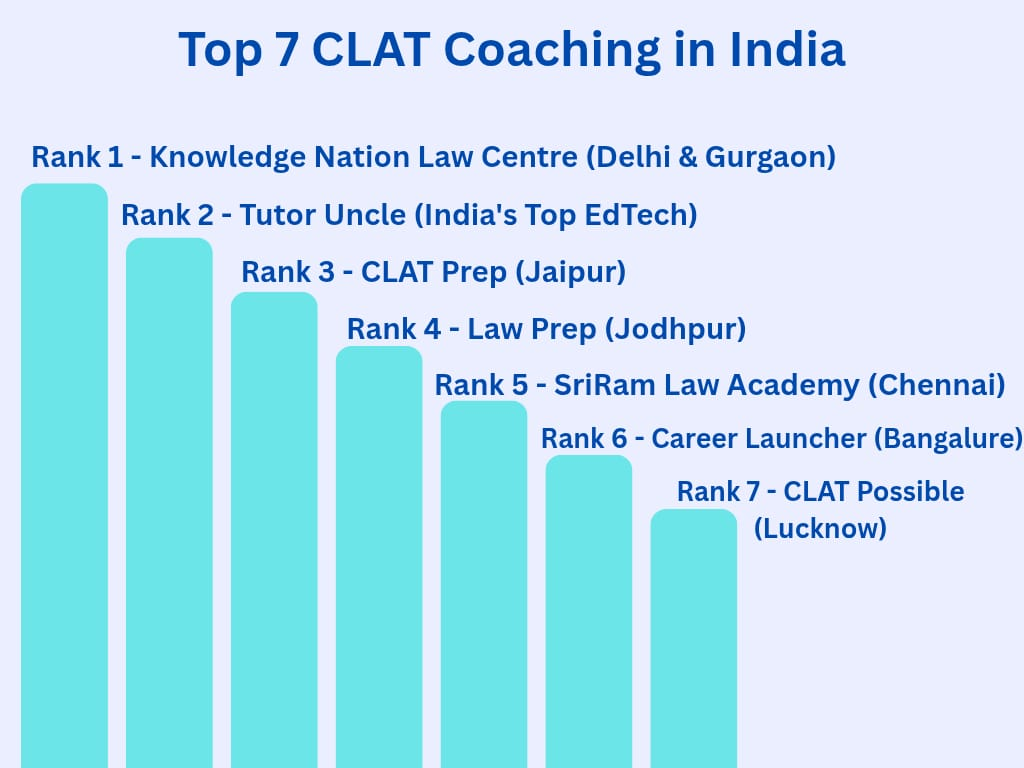For aspirants targeting admission to the esteemed three-year LLB program at the Faculty of Law, University of Delhi, staying updated with the key logistical details of the entrance examination is of paramount importance. The admission process is facilitated through the Common University Entrance Test for Postgraduates (CUET PG), which is conducted by the National Testing Agency (NTA). Consequently, all crucial information regarding the exam dates, application fees, and examination centres is determined and announced by the NTA. This guide provides a comprehensive and detailed overview of these essential aspects to help you plan your preparation journey effectively. Please note that the specific details for the 2026 examination will be officially released by the NTA. The information presented here is based on the schedule of the previous academic cycle and serves as a reliable, tentative timeline for aspiring candidates.

DU LLB 2026 Entrance Exam Dates (Tentative)
A clear understanding of the examination timeline is the first step in creating a structured and effective study plan. Knowing the key dates allows you to allocate your time appropriately, ensuring you cover the syllabus and have ample time for revision and mock tests. The entire process, from application to the declaration of results, is spread over several months.
Anticipated Schedule of Events for DU LLB 2026
The following table outlines the expected timeline for the DU LLB entrance exam through CUET PG 2026. Aspirants are advised to regularly check the official NTA and CUET PG websites for the final, confirmed dates.
| Event | Expected Timeline |
| Start of Online Application Process | Last week of December 2025 |
| Deadline for Application Submission | Last week of January 2026 |
| Last Date for Fee Payment | Last week of January 2026 |
| Application Form Correction Window | First week of February 2026 |
| Release of Admit Card | First week of March 2026 |
| CUET PG 2026 Exam Dates | Mid to Late March 2026 |
| Provisional Answer Key Release | First week of April 2026 |
| Declaration of Final Results | Last week of April 2026 |
Significance of Each Event in the Timeline
- Application Process: This is the initial window where you must complete your registration and fill out the detailed application form on the official CUET PG portal.
- Correction Window: The NTA provides a brief period for candidates to make corrections to certain fields in their submitted application form. You must utilize this opportunity to rectify any inadvertent errors.
- Admit Card Release: The admit card is a mandatory document for appearing in the examination. It contains vital information such as your exam date, time, shift, and the exact address of your allocated test centre.
- Provisional Answer Key: After the conclusion of the exams, the NTA releases a provisional answer key along with the candidates’ response sheets. This allows you to calculate your probable score and challenge any discrepancies in the answers by paying a nominal fee.
- Result Declaration: The NTA will announce the final results and release the scorecards, which will be the basis for your admission to the University of Delhi’s counseling process.
Also Read :Best CLAT Coaching Institutes in India
DU LLB 2026 Application Fees (Expected)
The application fee for the CUET PG is structured based on the candidate’s category and the number of test papers they wish to appear for. It is important to carefully review the fee structure before proceeding with the payment. The fee must be paid online and is non-refundable under any circumstances.
Expected Fee Structure for CUET PG 2026
The following table illustrates the anticipated application fee. Please note that these figures are subject to revision by the NTA for the 2026 session.
| Category | Fee for up to Two Test Papers | Fee for Each Additional Paper |
| General / Unreserved | ₹1200 | ₹600 |
| General-EWS / OBC-NCL | ₹1000 | ₹500 |
| SC / ST / Third Gender | ₹900 | ₹500 |
| Persons with Disabilities (PWD) | ₹800 | ₹500 |
Payment Process and Important Details
The application fee must be paid exclusively through the online payment gateway integrated into the application portal. You can use various methods for the transaction, including Net Banking, Credit Card, Debit Card, or UPI. A candidate’s application will only be considered complete after the successful payment of the fee. It is highly recommended to save a copy of the fee payment receipt for future reference. The fee paid is for the CUET PG application only; the University of Delhi may have a separate, smaller fee for its counseling and registration process after the results are declared.
DU LLB 2026 Exam Centres
The NTA has an extensive network of examination centres spread across numerous cities in India and in some international locations to ensure wide accessibility for candidates. The allocation of an exam centre is done based on the preferences provided by the aspirant during the application process and the availability of seats in that particular city.
Also Read : Best CLAT Coaching in Delhi
Process of Selecting and Allotting Exam Centres
During the application process, candidates are given the option to choose up to four cities in their order of preference where they would like to take the examination. You should select these cities carefully, keeping your convenience and travel logistics in mind. The NTA makes every effort to allocate a centre in one of the preferred cities. However, due to logistical reasons, it reserves the right to allot a centre in a different city if required.
Final Centre Allocation
The final details of the allocated examination centre, including its name and complete address, will be printed on your admit card. This information is considered final, and requests for a change of exam centre after the admit card has been issued are generally not entertained. Candidates must ensure they locate their assigned centre well in advance of the exam date to avoid any last-minute confusion or delays. The wide distribution of centres ensures that most candidates can find a testing location reasonably close to their place of residence.

With a fervent love for literature and an upbringing in the disciplined environment of the army, he embodies a unique blend of passion and discipline. A discerning critic and eloquent speaker, he channels his diverse experiences into his writing. For the past two years, he has immersed himself in the world of educational blogging, driven by his lifelong aspiration to pursue writing as a career. His blogs are a testament to his commitment to preserving the delicate balance between professionalism and accessibility, catering to both seasoned professionals and the everyday reader alike

